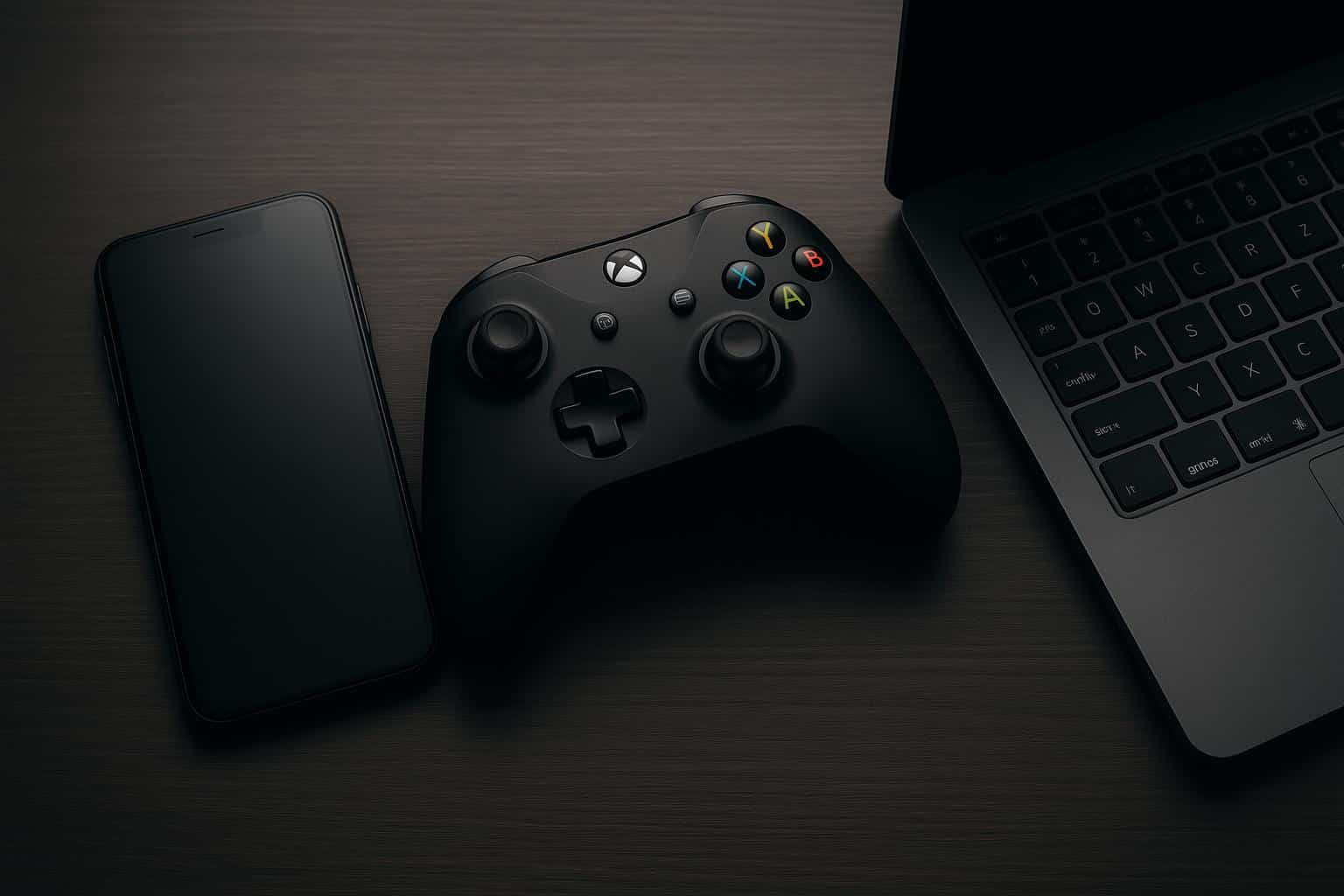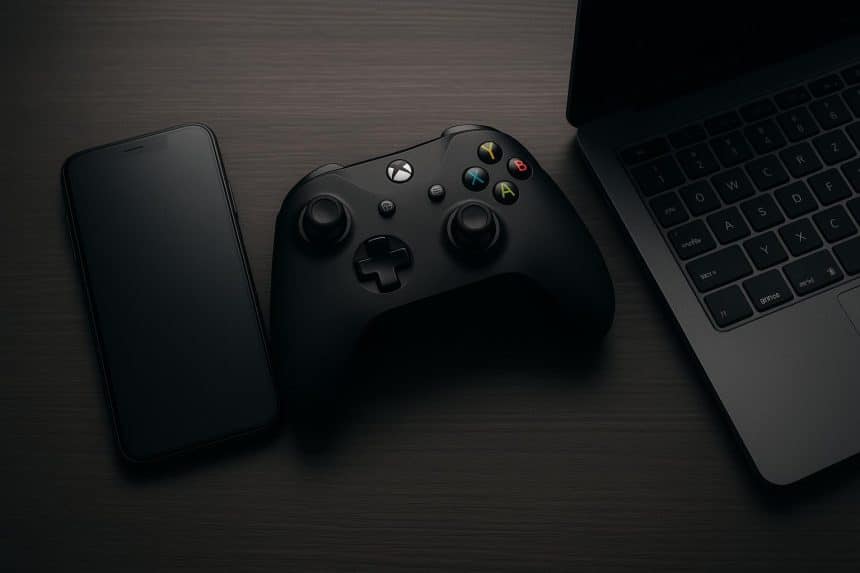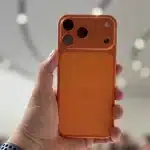The gaming landscape stands at a crossroads where pocket-sized devices now pack more processing power than desktop computers from just a decade ago. Today’s flagship smartphones deliver console-quality graphics, support sophisticated multiplayer experiences, and offer gaming libraries that rival traditional platforms. As mobile processors continue advancing and 5G networks expand globally, a fundamental question emerges: are we witnessing the beginning of smartphones displacing traditional gaming platforms entirely?
Mobile Hardware Reaches Console Parity
Modern smartphone chipsets demonstrate remarkable capabilities that challenge traditional gaming hierarchies. Apple’s A17 Pro and Qualcomm’s Snapdragon 8 Gen 3 processors deliver GPU performance comparable to mid-range gaming laptops while consuming significantly less power. These advances enable mobile versions of AAA titles that maintain visual fidelity and gameplay complexity previously exclusive to PC and console platforms.

The transition creates interesting dynamics for gamers who traditionally split their time between platforms. Many players now maintain game libraries across multiple systems, and the ability to buy game codes for cross-platform titles allows seamless progression whether playing on smartphone, PC, or console. This convergence suggests that platform boundaries are becoming increasingly fluid rather than rigidly defined.
Cloud Gaming and Infrastructure Evolution
5G networks and improved cloud infrastructure are eliminating many traditional limitations that kept mobile gaming separate from console experiences. Services like Xbox Cloud Gaming, NVIDIA GeForce Now, and PlayStation Now demonstrate how smartphones can stream demanding titles without relying solely on local processing power.
Latency improvements and bandwidth expansion mean that smartphones can now access the same game libraries as expensive gaming PCs. This accessibility democratizes high-end gaming experiences, potentially reducing the necessity for dedicated gaming hardware among casual and moderate players who previously required separate devices for different gaming experiences.
Gaming Libraries and Content Convergence
The distinction between mobile games and traditional console titles continues blurring as developers create unified experiences across platforms. Fortnite, PUBG Mobile, Call of Duty Mobile, and Genshin Impact demonstrate how sophisticated gaming experiences can translate effectively to smartphone platforms while maintaining cross-platform compatibility.
Mobile app stores now feature premium games that rival console releases in scope and production value. The subscription model popularized by services like Apple Arcade provides access to high-quality games without microtransaction pressure, addressing one of mobile gaming’s most criticized aspects while offering value propositions that compete directly with console gaming subscriptions.
Economic Factors and Market Accessibility
Smartphone gaming offers significant economic advantages over traditional platforms. While high-end gaming PCs cost thousands of dollars and modern consoles require several hundred dollar investments, most consumers already own capable gaming devices in their smartphones. This inherent accessibility removes major barriers to entry that have historically limited gaming participation.
Development costs also favor mobile platforms in many cases. Creating games for standardized mobile platforms often requires less optimization work than developing for multiple PC configurations or different console architectures. These economic efficiencies can translate to more diverse game offerings and potentially lower prices for consumers.
Technical Limitations and Persistent Challenges
Despite impressive advances, smartphones face inherent limitations that favor traditional gaming platforms in certain scenarios. Thermal management remains challenging during extended gaming sessions, with performance throttling affecting sustained gameplay experiences. Battery life constraints also limit gaming duration compared to plugged-in consoles and PCs quite often.
Control schemes represent another significant consideration. While touchscreen controls work effectively for many game types, complex titles often benefit from dedicated controllers or keyboard-and-mouse precision. Though external controllers can address this limitation, they reduce smartphones’ portability advantage and add complexity to the mobile gaming experience for many casual players.
The Hybrid Future of Gaming
Rather than a complete replacement, the evidence suggests smartphones are creating a hybrid gaming ecosystem where different platforms serve complementary roles. Smartphones provide portable, accessible gaming experiences while PCs and consoles maintain advantages for intensive, long-duration gaming sessions and specialized genres requiring precise controls.
As technology continues advancing, digital marketplaces like Eneba facilitate this multi-platform approach by providing unified access to gaming content across different devices and ecosystems. This infrastructure supports a future where gamers can seamlessly transition between platforms based on context and preference rather than being locked into single-platform experiences, suggesting that smartphones will increasingly complement rather than completely replace traditional gaming platforms.












